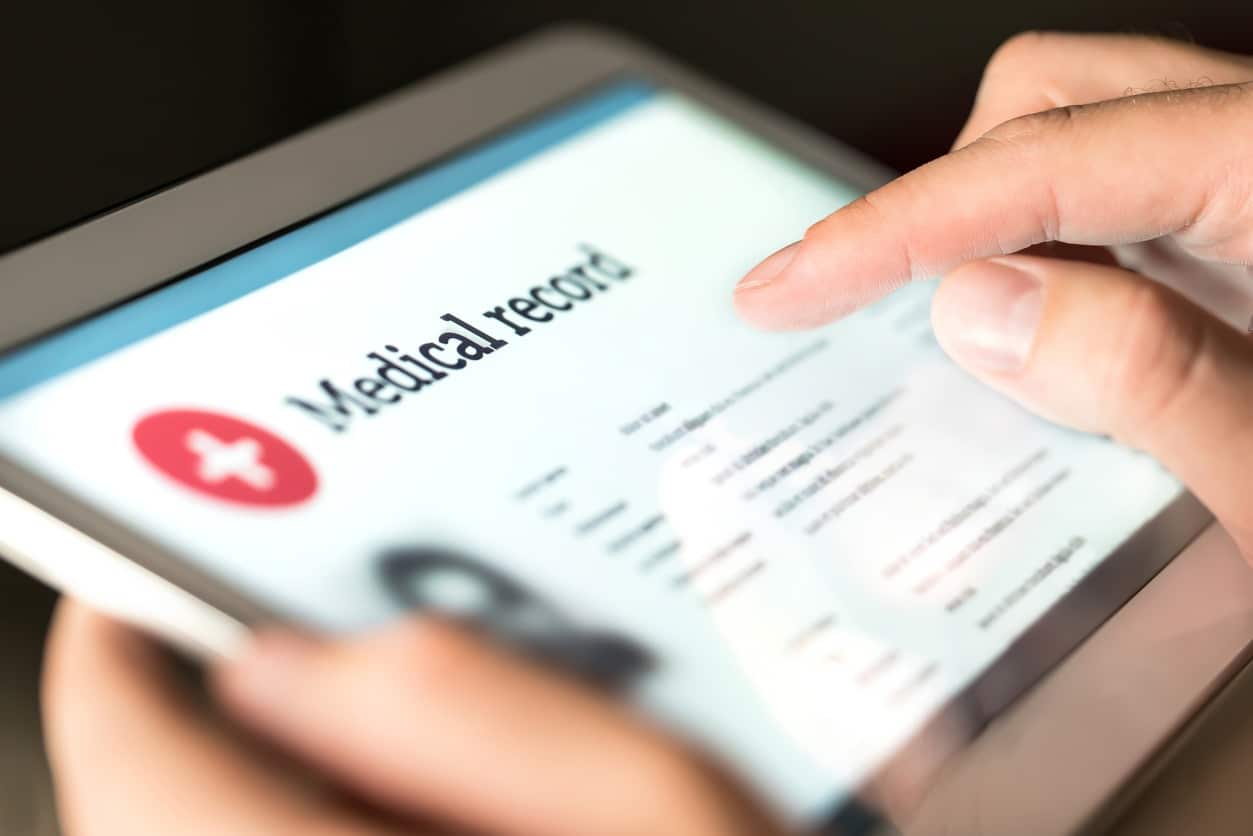Medical records are regarded highly secret since they include very private and intimate information about the patients who have access to them.

Table of Contents
Medical Records Should Be Kept Confidential
Medical records are regarded highly secret since they include very private and intimate information about the patients who have access to them. That’s why you won’t be able to get a copy of your neighbor’s most recent laboratory result. You do, however, have the right to access your own medical information and to decide who else has access to it in most circumstances. With a few exceptions, health care providers will only share a copy of your medical records to other parties if you give them explicit permission to do so.
There are special protocols for processing and disclosing medical records in the health care industry because of the sensitive information included in medical records and the existence of federal and state regulations pertaining to HIV, mental health, and drug misuse data collection and disclosure. You may ask your health care provider how to get a copy of your records sent to someone else or how to obtain a copy for yourself by calling the number on the back of your insurance card. It is possible that you may be required to complete and sign a particular form. Although a cost may be levied for this service, you should not be barred from obtaining a copy of your records because you have unpaid medical expenses on your credit card account.
Persons who have the authority to release records
In most cases, only the patient has the authority to approve the release of his or her own medical records. However, there are several exceptions to the norm, and in general, the individuals listed below may sign a release of liability:
Parents of children under the age of majority.
Guardian ad litem.
Affiliation (someone you select to act on your behalf in a Health Care Power of Attorney).
In certain cases, the minor, rather than the adult, is required to sign the release form. If you have any issues regarding who has the authority to allow the release of your medical records, you should consult with your health care practitioner.
Medical Information That Must Be Kept Confidential
Substance addiction treatment records are specifically protected under federal law. HIV/AIDS information and mental health data are specifically protected under state regulations in several states. These laws are intended to encourage individuals who are suffering from these conditions to get the medical attention they need. To receive a copy of the records or to have them transferred someplace, you may need to sign a document that clearly states the information that is being safeguarded under the Privacy Act of 1974.
Without Consent, Information is Disclosed
Despite the fact that medical records are private, there are occasions when they might be shared without the agreement of the patient. Records are released to the following parties in exceptional circumstances:
Health care personnel that need access to patient records in order to provide treatment for a patient.
Information technology (IT) professionals and businesses that provide services such as data processing, medical record transcribing, microfilming and other administrative duties, as well as other related services.
People or organisations who are qualified to perform authorised research and education responsibilities.
The investigation and regulation of health-related concerns such as child abuse, infectious illnesses, and prescription medicines is the responsibility of some government agencies who are authorised or compelled to do so by law.
If a patient’s medical condition is at the heart of a legal dispute, some attorneys and parties may be barred from participating in the case.
In general, persons who receive medical information must adhere to a set of tight restrictions. For example, they are often obliged to have measures in place to preserve the confidentiality of patients and to prevent the dissemination of medical information and the identification of patients.
Copy and paste this <iframe> into your site. It renders a lightweight card.
Preview loads from ?cta_embed=1 on this post.